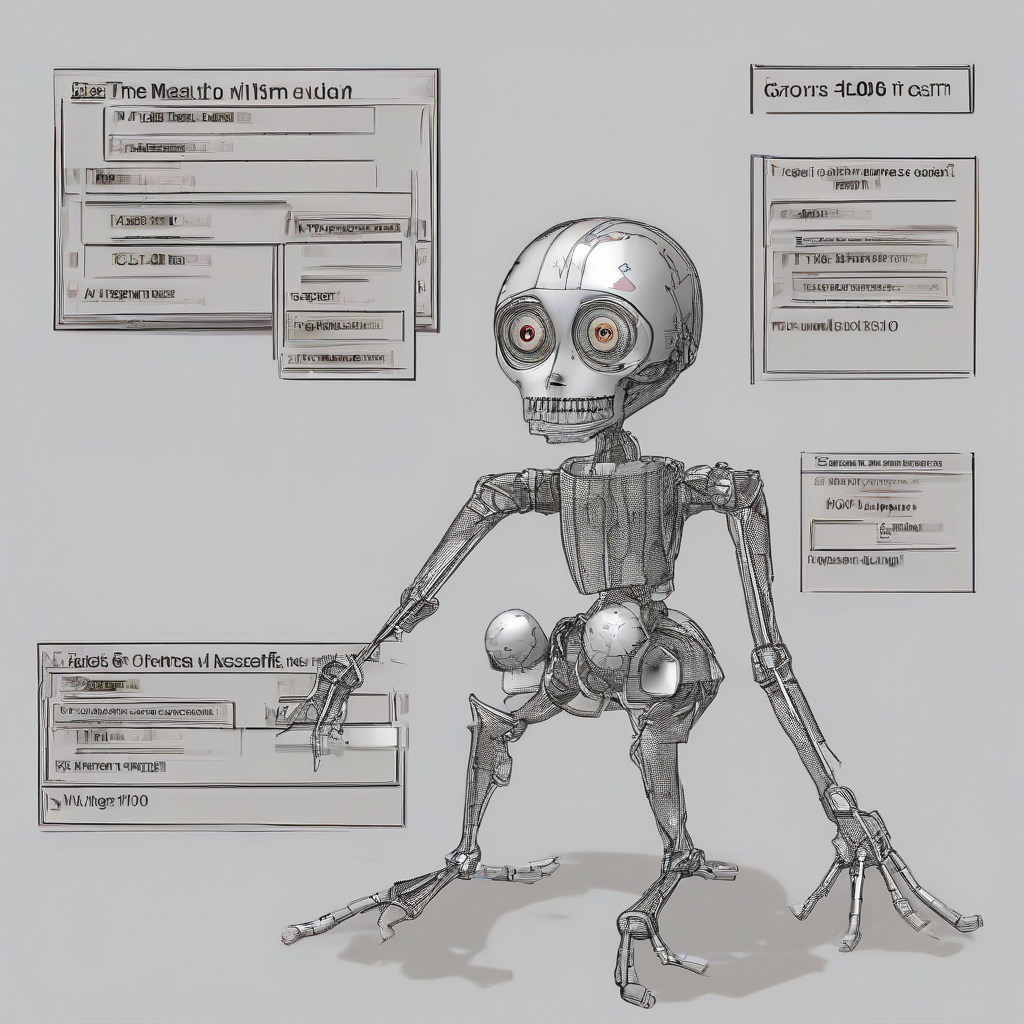The Future of Business: How Technology Is Reshaping Industries and Shaping Our World
The business landscape is in constant flux, driven by relentless technological advancements that are transforming industries, disrupting traditional models, and creating new opportunities at an unprecedented pace. This essay explores the multifaceted impact of technology on the future of business, examining how it is reshaping industries, creating new business models, and shaping the world we live in.
The Rise of Digital Disruption
The digital revolution has ushered in an era of profound disruption, with technology acting as a catalyst for change across all sectors. The rise of e-commerce platforms, mobile technologies, and the internet of things (IoT) has fundamentally altered consumer behavior and business operations. Traditional brick-and-mortar retailers are facing stiff competition from online marketplaces, while businesses of all sizes are embracing digital tools to streamline processes, enhance customer experiences, and gain a competitive edge.
- E-commerce: The proliferation of online shopping platforms has transformed the retail landscape, empowering consumers with greater choice, convenience, and lower prices. Businesses have responded by establishing online presences, leveraging digital marketing strategies, and optimizing their supply chains to meet the demands of the digital consumer.
- Mobile Technologies: Smartphones and tablets have become ubiquitous, enabling businesses to reach customers anywhere, anytime. Mobile apps, social media platforms, and mobile payments have revolutionized how consumers interact with brands and make purchases.
- Internet of Things (IoT): The interconnectedness of devices through the IoT is transforming industries by enabling real-time data collection, predictive analytics, and automated processes. Businesses are leveraging IoT technology to improve operational efficiency, enhance customer service, and create new revenue streams.
The Rise of Automation and Artificial Intelligence
Advancements in automation and artificial intelligence (AI) are poised to have a profound impact on the future of business. Automation technologies, such as robotic process automation (RPA) and machine learning, are automating tasks previously performed by humans, increasing efficiency and reducing costs. AI is transforming industries by enabling intelligent decision-making, personalized customer experiences, and innovative product development.
- Robotics: Robots are increasingly being deployed in manufacturing, warehousing, and other industries, automating tasks that are repetitive, dangerous, or require precision. This has led to increased productivity, improved safety, and reduced labor costs.
- Machine Learning: Machine learning algorithms are used to analyze vast amounts of data, identify patterns, and make predictions. This enables businesses to optimize operations, personalize marketing campaigns, and develop new products and services.
- Artificial Intelligence: AI is transforming industries by automating complex tasks, providing insights from data, and creating personalized customer experiences. AI-powered chatbots are providing 24/7 customer service, while AI algorithms are being used to develop new drugs, optimize financial portfolios, and personalize online content.
The Impact on Jobs and the Workforce
The rise of automation and AI has sparked debate about the future of work. While some argue that these technologies will create new job opportunities, others worry about widespread job displacement. It is clear that the skills required for success in the future workforce will be vastly different from those of the past.
Companies will need to invest in reskilling and upskilling programs to prepare their employees for the changing job market. The demand for skills in areas such as data science, artificial intelligence, and cybersecurity is expected to surge in the coming years.
The Rise of New Business Models
Technology is creating new business models that are disrupting traditional industries and creating opportunities for innovation. The sharing economy, subscription services, and platform businesses are all examples of emerging models that are changing the way businesses operate and interact with customers.
- Sharing Economy: The sharing economy, exemplified by platforms like Airbnb and Uber, enables individuals to share assets and services, creating new revenue streams and challenging traditional business models.
- Subscription Services: Subscription services, such as Netflix and Spotify, provide access to products or services on a recurring basis, offering convenience and value to customers. This model has disrupted industries such as media, software, and even consumer goods.
- Platform Businesses: Platform businesses, like Amazon and Facebook, connect buyers and sellers, creating ecosystems that drive innovation and growth. These platforms are enabling businesses to reach global markets and scale their operations quickly.
The Importance of Ethical Considerations
As technology continues to reshape the business landscape, it is crucial to address the ethical implications of its use. The use of AI, data privacy, and cybersecurity are all critical issues that require careful consideration.
Businesses must be transparent about how they collect and use data, protect customer privacy, and ensure the responsible use of AI technologies. The development of ethical frameworks and guidelines is essential to ensure that technology is used for good.
The Future of Business
The future of business is being shaped by a convergence of technological forces. The rapid pace of innovation, the rise of automation and AI, and the emergence of new business models are creating a dynamic and unpredictable landscape. Businesses that embrace technology, adapt to change, and prioritize ethical considerations will be best positioned to thrive in the years to come.
The future of business will be characterized by increased automation, personalized customer experiences, and a focus on sustainability. Businesses that are able to leverage technology to create value for their customers, employees, and society will be the leaders of tomorrow.
